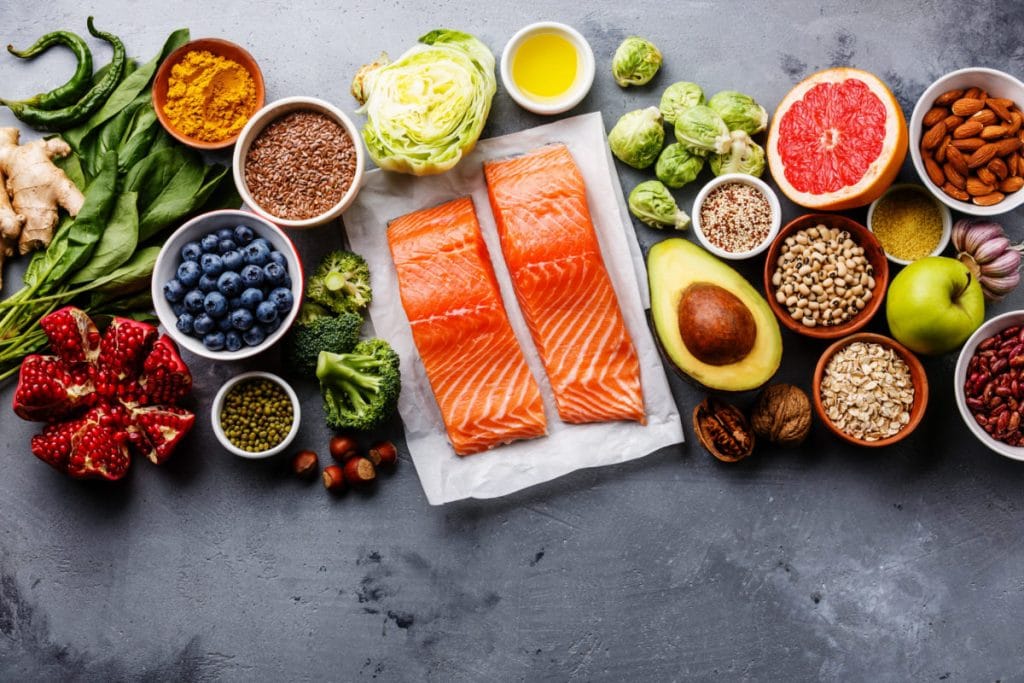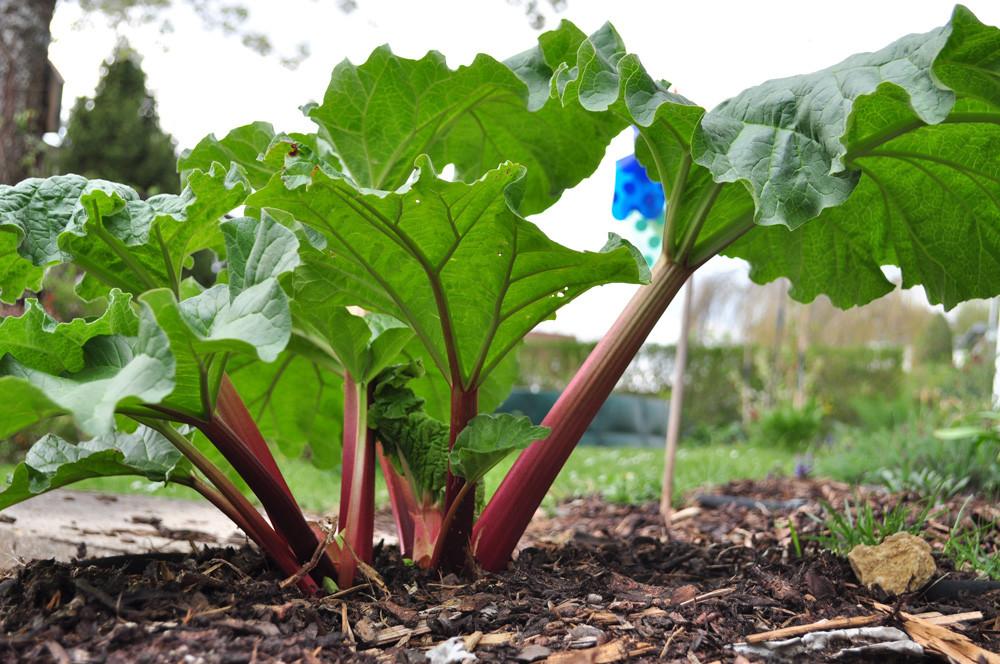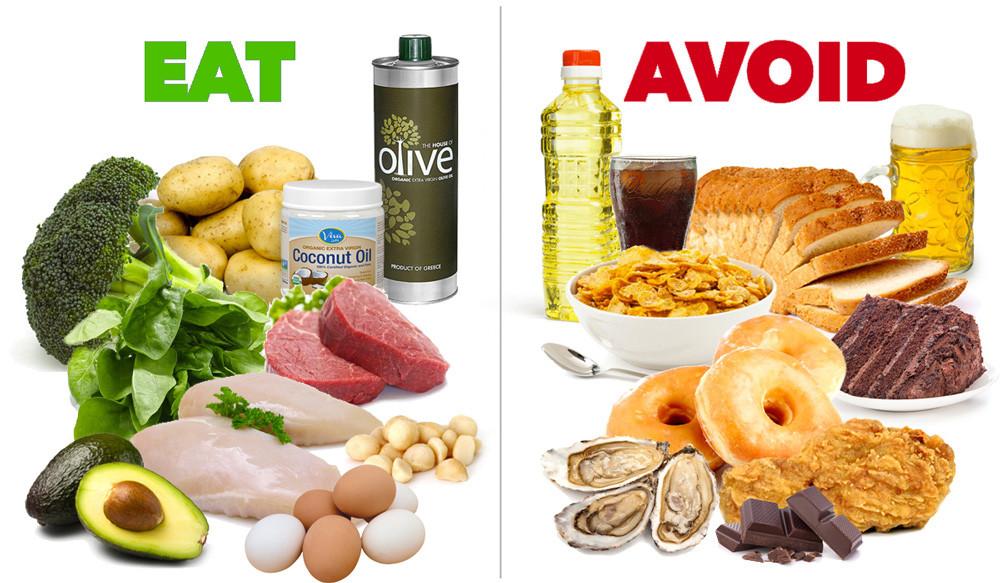Hi folks,
Yep, I’m back, and I’ve got another guide to one of the essential aspects of health that you need to know. I’m sure you’ve been told that you need vitamins in your life, but you might not understand why. That’s why I’m taking this chance to share some vital information with you.
We’ve all heard about the importance of a balanced diet. You probably know that you’re supposed to eat food with lots of vitamins. However, you might not know exactly what vitamins are, what they do or which foods you should be looking for to get the vitamins you need. My guide should cover the basics so you can feel a bit more confident about your nutritional choices.
For starters, vitamins are what’s called an “essential micronutrient”. That means they sit alongside minerals, fatty acids and amino acids as things we absolutely need to survive. The human body can’t make its own vitamins in most cases, so we mostly get them from our diet. Luckily, in the modern world, there are also artificial supplements that can help you out if for some reason you can’t get the vitamins you need from what you eat.
It would take a long time to list all the biological functions controlled by vitamins. They’re present all around the body, performing a diverse range of roles. You’ve probably heard of some of them, including vitamin A, vitamin B (divided into different subtypes from B1 to B12), vitamin C, vitamin D, vitamin E and vitamin K.
Vitamin A is found in cod liver oil, various types of animal liver, sweet potato, carrots and lots of other foods. It has an important role to play in how the body grows and develops, as well as the immune system. It also affects your vision.
The many types of B vitamins all make an appearance in meat and dairy products, as well as eggs, beans and yeast. The processing of white flour and white sugar can lower their B vitamin content, which is why so-called “enriched flour” tries to restore these vitamins. Different B vitamins have various roles in metabolism and energy release.
Sailors of old would develop scurvy because they didn’t eat enough fruit and vegetables, which meant they didn’t have enough vitamin C in their diets. Citrus fruits are a particularly good source of vitamin C. This vitamin is often associated with protection from colds.
Unlike most vitamins, vitamin D isn’t mainly found in food (though it is in some types of fish). Your main source of vitamin D is sunlight; you don’t want too much sun, however, because of the skin cancer risk. In some places, milk and cereal are fortified with vitamin D. Vitamin D is important for bone health, with supplements used to reduce the risk of rickets or osteoporosis.
There’s been a lot of research into vitamin E, which seems to have different roles. You can find it in various fruits, vegetables, nuts and seeds, and it’s very rare to find someone with a vitamin E deficiency. A lack of vitamin E can cause nerve problems.
Without vitamin K, you might bleed without stopping, and your bones will be weaker. Leafy green plants are the best places to find vitamin K.




